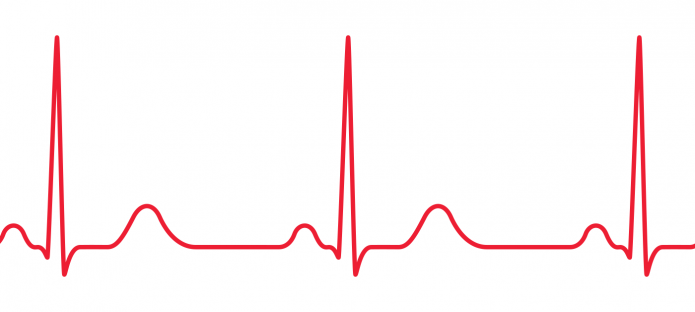A study published this week in the journal BMJ Quality & Safety has reported that fewer people survive cardiac arrest in hospital at weekends and at night than during daytime on weekdays.
It examined the outcome after 27,700 cardiac arrests in 146 UK hospitals over a 2 ½ year period. The information came from the National Cardiac Arrest Audit, which is funded by Resuscitation Council UK and the Intensive Care National Audit and Research Centre.
The study examined how many people survived for at least 20 minutes after the initial attempt at resuscitation and how many people survived to leave hospital. During daytime on weekdays initial resuscitation attempts were successful in 52%, and 26% survived to leave hospital. During daytime at weekends the figures were lower, 47% and 19% respectively, and at night the figures were lower still, 39% and 14% respectively. Some factors that can influence outcome (such as age, gender, and heart rhythm) were then allowed for in the analysis, but the differences still remain.
The study did not investigate the reasons for these differences. We can suggest possible explanations, for example there are fewer staff present during nights and at weekends, responses to cardiac arrests may take longer at night or during weekends, or situations where a person is dying and where attempted resuscitation will not prevent their death may be recognised and acted upon more commonly during weekdays. There may be other unmeasured factors, but the analysis suggests that the most likely reasons for the worse outcomes are organisational differences or differences in care at night and at weekends.
Similar findings have been reported from the USA and from Sweden, so the differences in survival following arrests on weekdays from survival after arrests at weekends and at night are not unique to the NHS.
Further research is needed to try to identify the contributing causes and establish whether there are any effective measures that might increase the chance of survival from cardiac arrest at night or during weekends.
